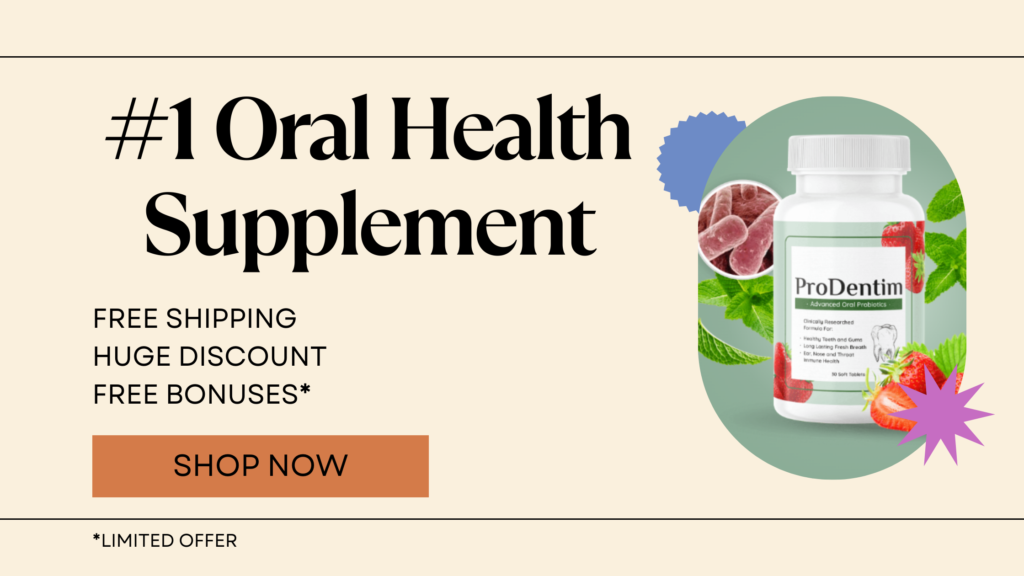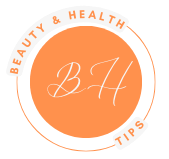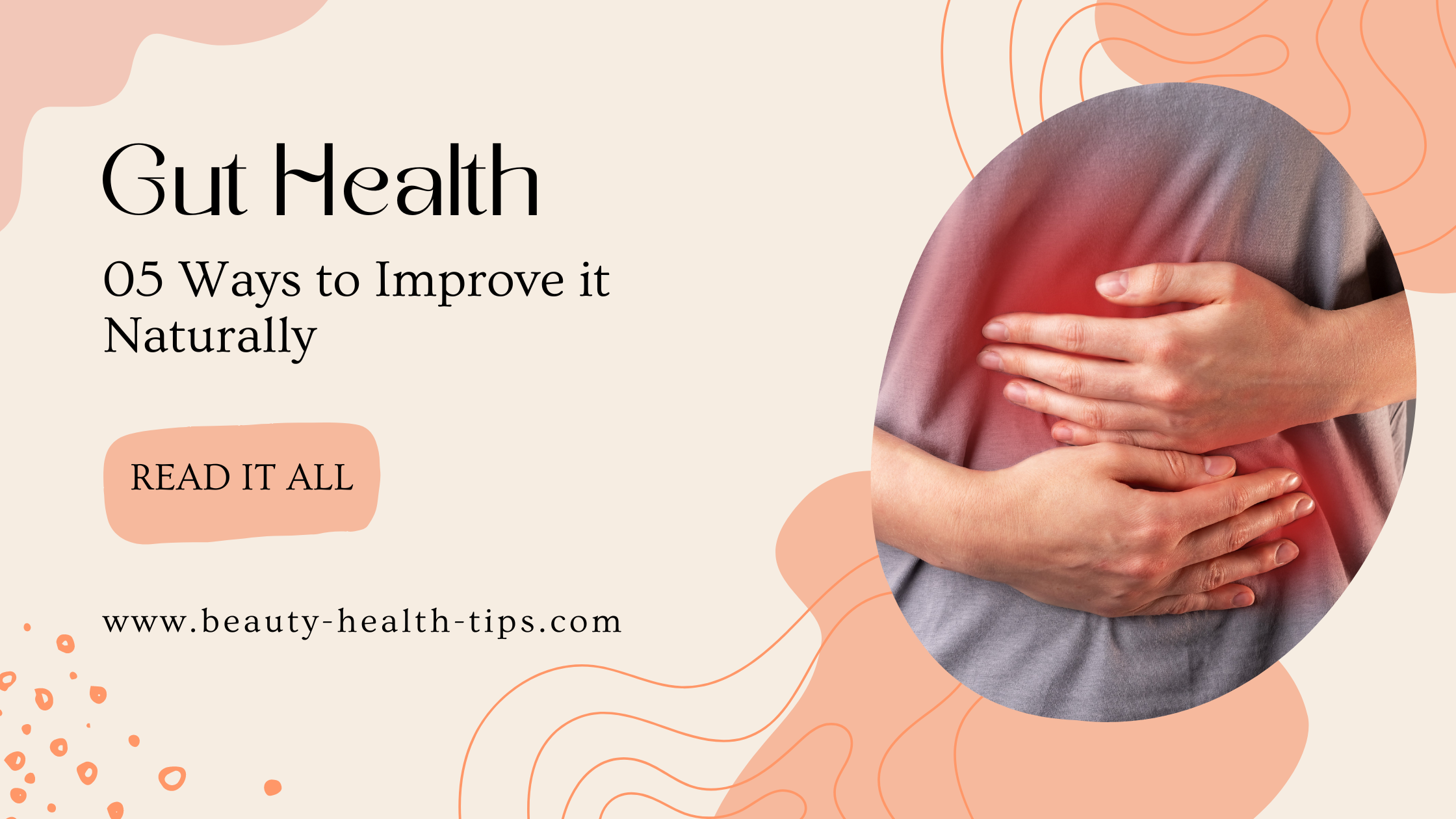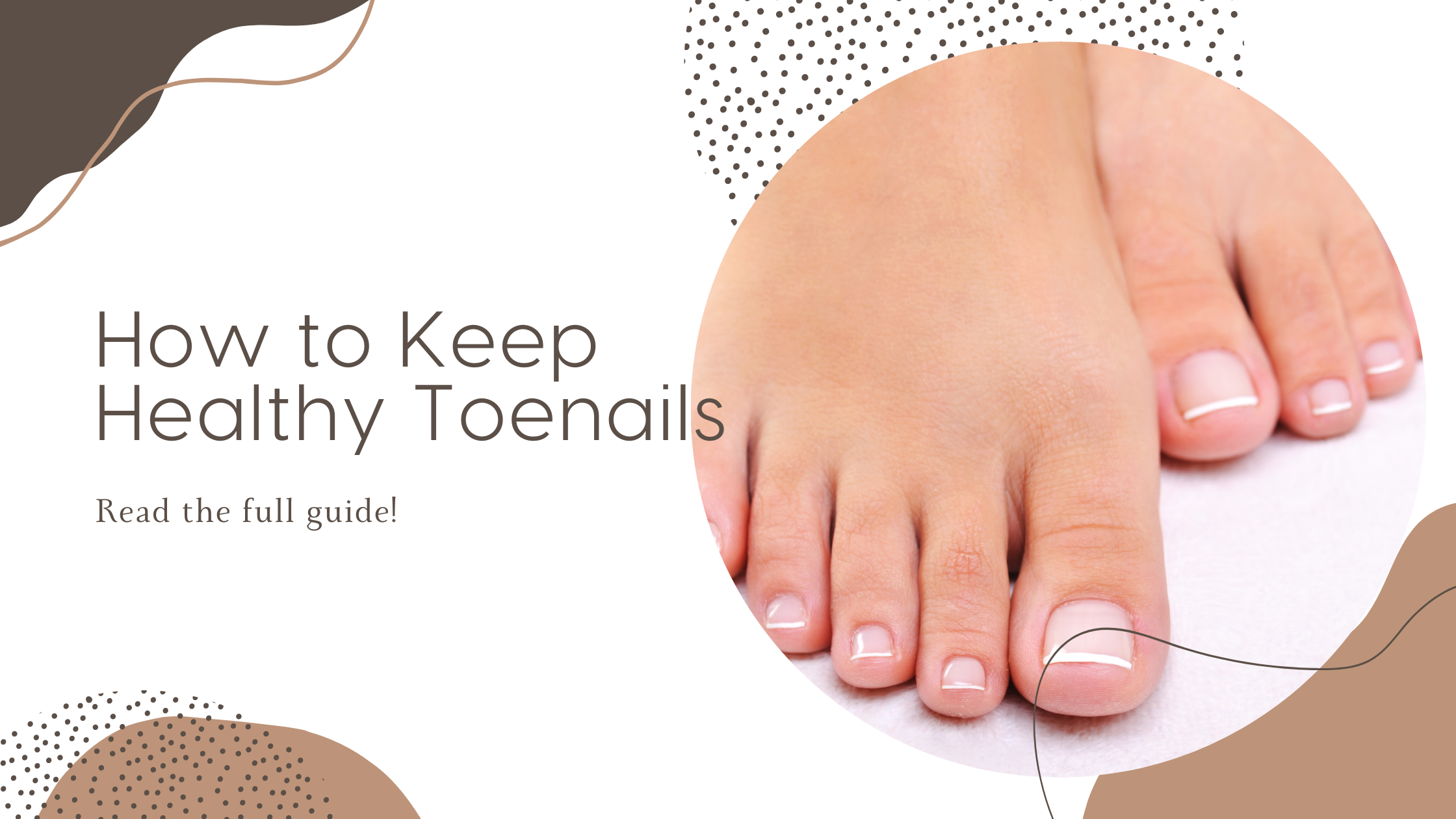Welcome to our comprehensive guide on oral health, where we dive into the essentials of maintaining a radiant smile and a healthy mouth. Your oral health plays a pivotal role not just in the aesthetics of your smile, but also in your overall well-being. From proper brushing techniques to the significance of regular dental check-ups, we will explore the best practices to keep your teeth and gums in top-notch condition. Join us on this journey as we unravel the secrets to achieving optimal oral health and discover why it’s more than just a beautiful smile—it’s a key component of a wholesome lifestyle.
Starting with the Basics:
Maintaining optimal oral hygiene is crucial for keeping your teeth in good health, as it involves the removal of dental plaque—a sticky, colorless film of bacteria that can lead to tooth decay and gum disease. Even teeth with existing fillings are susceptible to decay, as plaque can accumulate underneath chipped fillings, causing new issues. Gum recession, where gums pull away from teeth, exposes tooth roots to potential decay.
Identifying dental plaque can be challenging, given its transparency. To make it more visible, consider using disclosing tablets, available at drug stores, or a special disclosing toothpaste after brushing. These products reveal the presence of plaque by a distinct color, allowing you to target and remove the remaining areas effectively. Parents can find disclosing tablets particularly useful in teaching children proper brushing techniques.
Here are some brushing tips to enhance your oral care routine:
- Use fluoride toothpaste to protect teeth from cavities by strengthening the enamel.
- Angle the bristles towards the gumline for thorough cleaning between gums and teeth.
- Brush gently in small, circular motions, avoiding harsh back-and-forth scrubbing.
- Ensure all sides of each tooth are brushed.
- Don’t forget to brush your tongue, as it contributes to overall oral cleanliness.
- Regularly replace your toothbrush when the bristles show signs of wear.
By incorporating these practices into your daily routine, you’ll be taking proactive steps towards achieving and maintaining excellent oral health.
Flossing is as Important as Brushing
Giving due importance to flossing is paramount in maintaining optimal oral health—a practice often overlooked by those who diligently brush their teeth. Flossing goes beyond dislodging small food particles; it serves as a crucial step in oral care, as highlighted by Kody Costa, dentist at Costa Clinic in SF. According to him, flossing acts as a means to stimulate the gums, diminish plaque accumulation, and mitigate inflammation in the oral area.
The benefits of flossing can be achieved with a daily commitment to this practice. Flossing at least once a day not only helps in removing food debris from between the teeth but also contributes significantly to overall gum health. By engaging in regular flossing, you not only enhance the cleanliness of hard-to-reach areas but also reduce the risk of developing gum diseases.
Consider flossing as a complementary and indispensable component of your oral care routine, working synergistically with brushing to ensure comprehensive protection against tooth decay and gum-related issues. Taking a few extra minutes each day to floss can make a substantial difference in promoting a healthier and more vibrant smile.
Mouthwashing
Exploring the role of mouthwash in your oral care routine unveils its multifaceted benefits, often underestimated by those unfamiliar with its workings. While advertisements may depict mouthwash as an optional component, Kody Costa, sheds light on its threefold advantages.
Firstly, mouthwash contributes to a reduction in the mouth’s acid levels, fostering an environment less conducive to dental issues. Secondly, it effectively cleans areas around the gums that are challenging to reach with conventional brushing. Thirdly, mouthwash plays a pivotal role in the remineralization of teeth, reinforcing their protective enamel layer.
Costa emphasizes that mouthwash serves as an adjunct tool, aiding in achieving a balanced oral environment. This is particularly beneficial for individuals, such as children and older adults, where the ability to brush and floss may be less than ideal. For these demographics, incorporating a mouthwash into the oral care routine becomes particularly advantageous.
To make the most of mouthwash, consulting your dentist for personalized recommendations is key. Different brands cater to specific needs, such as those suitable for children or individuals with sensitive teeth. Moreover, prescription mouthwashes are available, offering targeted solutions for more complex oral health concerns. By incorporating the right mouthwash into your daily routine, you can enhance your oral care regimen and address specific dental needs, ensuring a comprehensive approach to maintaining a healthy and resilient smile.
Chew ProDentim
Kody Costa recommends ProDentim, the #1 supplement for Oral Health in the States.
The conventional wisdom has often blamed “bad” bacteria for dental diseases, but a closer examination by scientists reveals that the root cause of oral health imbalance is the deficiency of good bacteria.
Common dental products, potentially containing harmful ingredients, can harm the population of beneficial bacteria. This paradox explains why teeth can endure for millennia outside the mouth but face deterioration when exposed to seemingly harmless substances like plain chocolate.
To foster the well-being of your teeth and gums, it becomes crucial to replenish your oral microbiome with good bacteria and create a favorable environment for their growth.
Enter ProDentim, a doctor-formulated blend featuring five scientifically validated, potent strains, amalgamating a total of 3.5 Billion beneficial bacteria into an innovative dissolvable candy.
This probiotic candy extends its benefits beyond oral health, targeting the respiratory system. It aids in maintaining freedom from allergies, while also contributing to restful sleep and promoting good digestion. By addressing the intricate balance of oral microbiota, ProDentim emerges as a holistic solution not only for dental health but also for overall well-being.

Visit your Dentist Often
Regular dental checkups are crucial for maintaining optimal oral health, with experts recommending visits every six months for a comprehensive examination. During these routine checkups, a hygienist undertakes the cleaning of teeth, eliminating plaque and hardened tartar.
The dentist conducts a thorough assessment for visible signs of cavities, gum disease, mouth cancer, and other oral health issues. In certain cases, dental X-rays may be employed to detect cavities that may not be immediately visible.
A recent study reinforces the importance of biannual dental visits for children and adolescents as a preventive measure against cavities. However, adults who adhere to daily oral hygiene practices and possess a low risk of oral health problems may be able to extend the interval between visits.
While acknowledging the need for additional high-quality studies to determine the optimal frequency of dental checkups, recent reviews suggest that individuals should consult with their dentists to establish a personalized schedule. Factors such as health history, age, and overall dental health contribute to the determination of the ideal frequency. Notably, anyone observing changes in their oral health should promptly seek the advice of a dentist, underscoring the significance of proactive dental care.
Cut Off The Sugary Food
Minimizing the consumption of sugary foods and starches is vital for maintaining good dental health. Extensive research consistently underscores the detrimental impact of sugar on oral well-being, with candies, desserts, and various processed foods often acting as common culprits.
The World Health Organization (WHO) advises individuals to keep their sugar intake below 10 percent of their daily calories. Recent systematic reviews suggest that further reducing this to 5 percent can significantly decrease the risk of cavities and other dental issues.
Notably, starchy foods like crackers, bread, chips, and pasta are also implicated in tooth decay. These foods linger in the mouth, breaking down into simple sugars that serve as a feeding ground for acid-producing bacteria, ultimately leading to tooth decay.
To foster better oral health, the American Dental Association (ADA) recommends substituting starchy foods with fiber-rich fruits and vegetables, along with unsweetened dairy products. This dietary shift not only reduces the risk of tooth decay but also contributes to overall nutritional well-being.
This is very good for your Gut Health as well!
Conclusion
In conclusion, achieving and maintaining optimal oral health involves a multifaceted approach that encompasses regular dental checkups, diligent brushing and flossing, and mindful dietary choices. The understanding that the imbalance in oral health often stems from the lack of good bacteria, coupled with the potential harm posed by common dental products, emphasizes the need for a holistic perspective.
Proactive oral care, as discussed, extends beyond traditional practices to include innovative solutions like ProDentim, a doctor-formulated probiotic candy designed to replenish beneficial bacteria in the oral microbiome. This not only contributes to strong teeth and gums but also extends its benefits to the respiratory system, allergies, sleep, and digestion.
Furthermore, the significance of limiting sugary foods and starches cannot be overstated. Scientific recommendations, such as those from the World Health Organization, advocate for reducing sugar intake to mitigate the risk of cavities. Substituting starchy foods with fiber-rich fruits, vegetables, and unsweetened dairy products aligns with the guidance provided by dental experts, promoting not only oral health but overall well-being.
In essence, the key to a radiant smile and a healthy mouth lies in a harmonious blend of routine dental care, innovative oral health solutions, and mindful dietary choices. By adopting these practices, individuals can proactively safeguard their oral health, enjoying the benefits of a confident smile and a resilient overall well-being.







